What To Save for When Buying a Home
What To Save for When Buying a Home
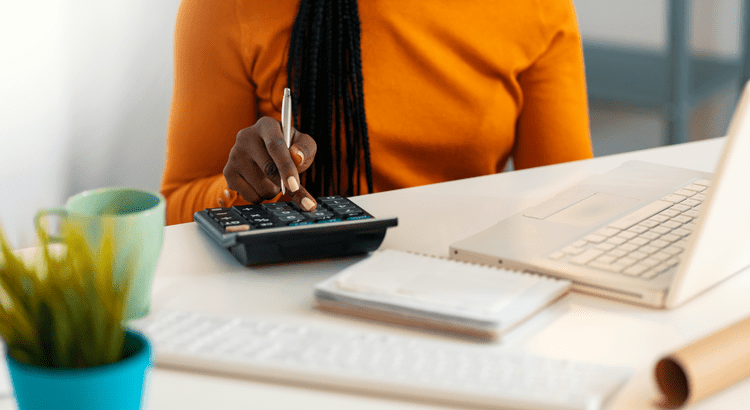
Understanding what to budget for when buying a home might seem overwhelming, but it doesn’t have to be. By familiarizing yourself with the upfront costs involved, you can approach the process with confidence. Here are some key expenses experts recommend keeping in mind as you prepare.
1. Down Payment
Saving for a down payment is probably a key priority, but do you really need 20%? Not necessarily. While some loan types or lenders might require it, many options allow for much lower down payments. In fact, certain loans require as little as 3.5%, or even 0%, depending on eligibility. As The Mortgage Reports highlights:
"The amount you need to put down will depend on a variety of factors, including the loan type and your financial goals. If you don’t have a large down payment saved up, don’t worry—there are plenty of options available . . ."
A trusted lender will help you navigate various loan options, their specific down payment requirements, and any down payment assistance programs you might qualify for. Gaining this knowledge upfront simplifies the process and ensures you're well-prepared. Partnering with an expert is the best way to determine which path aligns with your unique situation.
2. Closing Costs
Don’t forget to include closing costs in your budget. These are a set of fees and payments required to finalize your transaction, covering various parties involved in the process. As Bankrate explains:
“Mortgage closing costs are the fees associated with buying a home that you must pay on closing day. Closing costs typically range from 2 to 5 percent of the total loan amount, and they include fees for the appraisal, title insurance and origination and underwriting of the loan.”
When planning for closing costs, a trusted lender can help clarify the details and answer any questions. They’ll also provide an estimate of the amount you’ll need, helping you approach closing day with confidence.
Additionally, remember to account for your real estate agent’s service fee if the seller doesn’t cover it. Don’t worry — you’ll agree on this amount with your agent upfront, so there won’t be any surprises when it’s time to finalize the deal.
3. Earnest Money Deposit
To cover all your bases, consider saving for an earnest money deposit (EMD). Typically ranging from 1% to 2% of the home's purchase price, this deposit shows your good faith when making an offer on a property, as explained by Realtor.com.
The EMD isn’t an additional cost; instead, it’s a credit toward your upfront expenses. Essentially, you’re leveraging a portion of the savings you’ve set aside for your home purchase to demonstrate your commitment to the seller. Realtor.com outlines how it integrates into your overall transaction seamlessly.
“It tells the real estate seller you’re in earnest as a buyer . . . Assuming that all goes well and the buyer’s good-faith offer is accepted by the seller, the earnest money funds go toward the down payment and closing costs. In effect, earnest money is just paying more of the down payment and closing costs upfront.”
Remember, an earnest money deposit (EMD) isn’t mandatory and doesn’t guarantee your offer will be accepted. That’s why it’s essential to work with a trusted real estate advisor who understands your unique situation and local market requirements. They’ll guide you on whether an EMD is the right move and help you make informed decisions every step of the way.
Bottom Line
The secret to a smooth homebuying savings journey? Knowing what to prepare for. By understanding the costs involved, you can plan effectively. Partnering with an expert agent and a reliable lender ensures you have the guidance and information you need to take confident steps toward your dream home.
Categories
Recent Posts

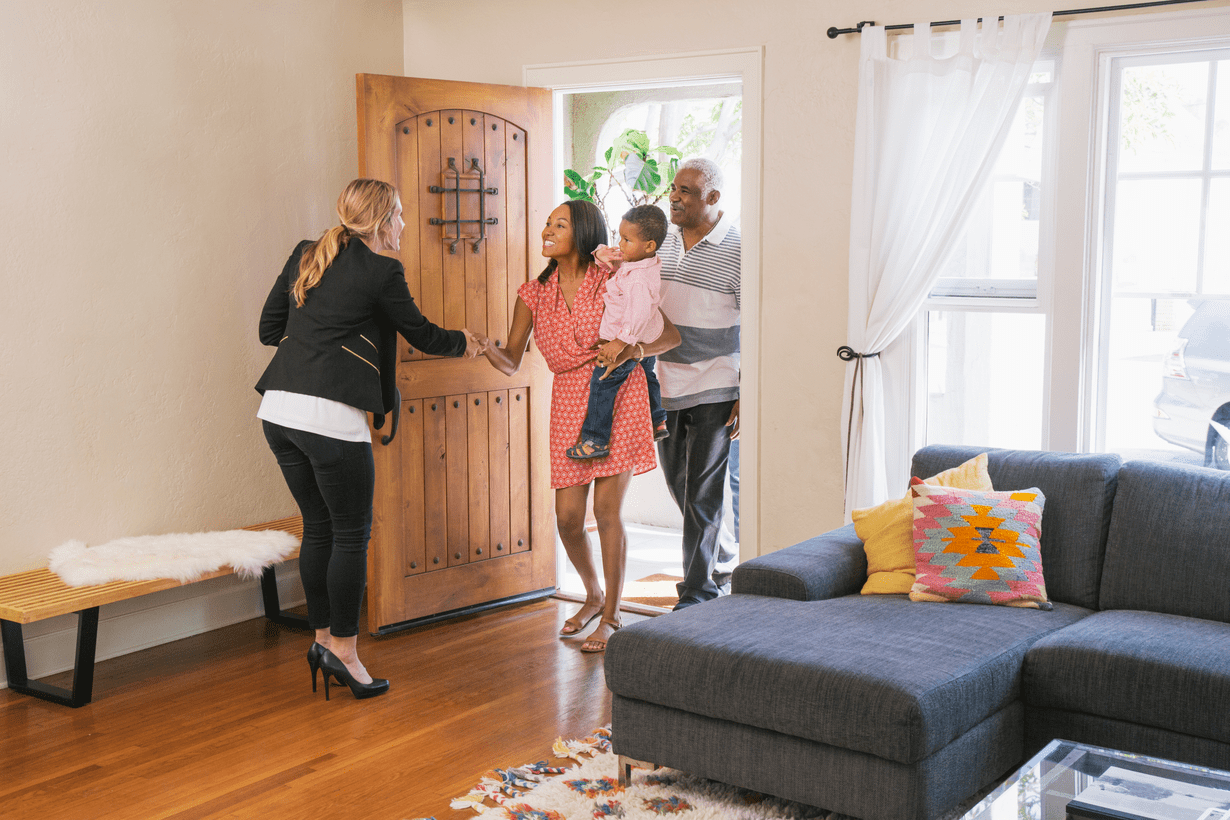
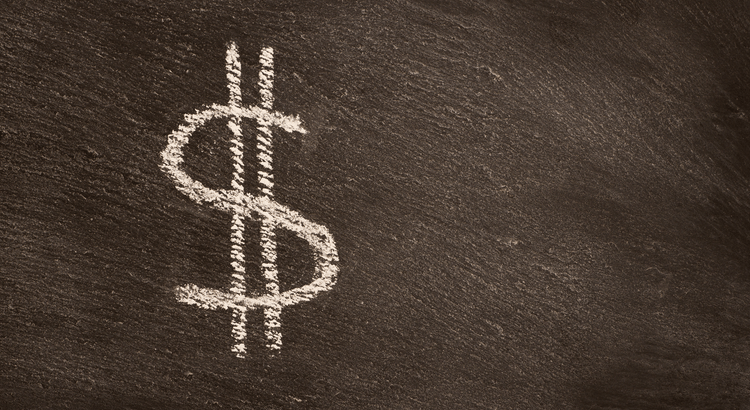


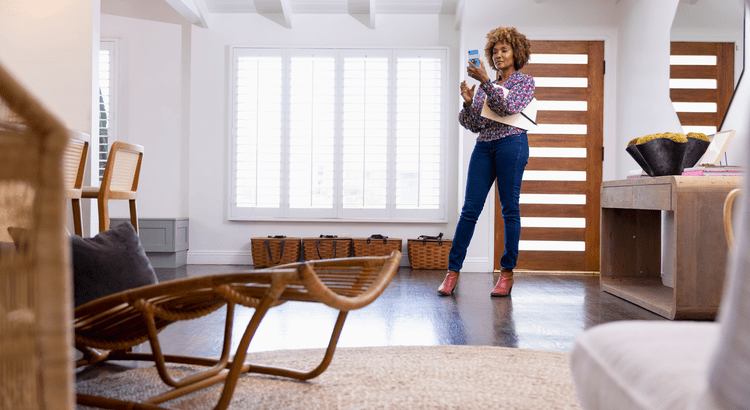
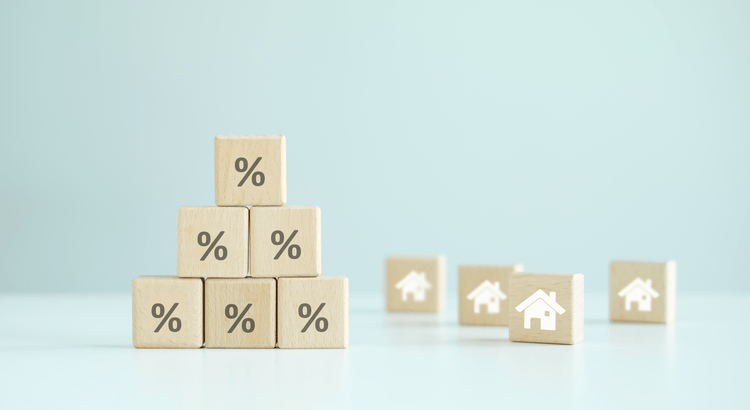
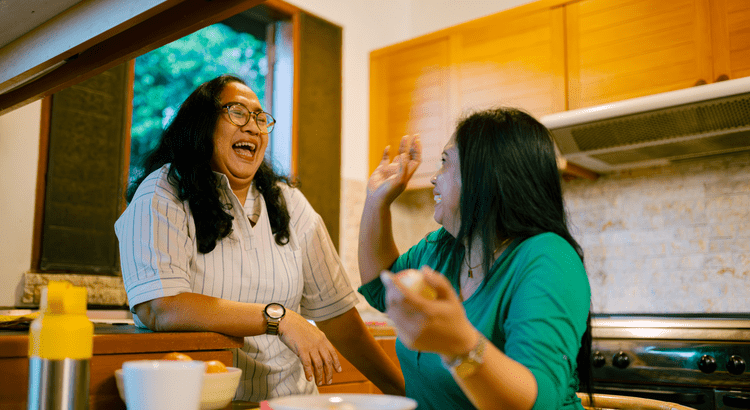
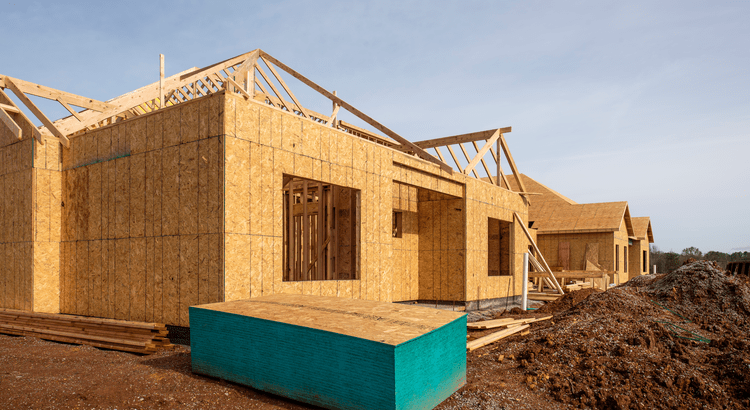

GET MORE INFORMATION

